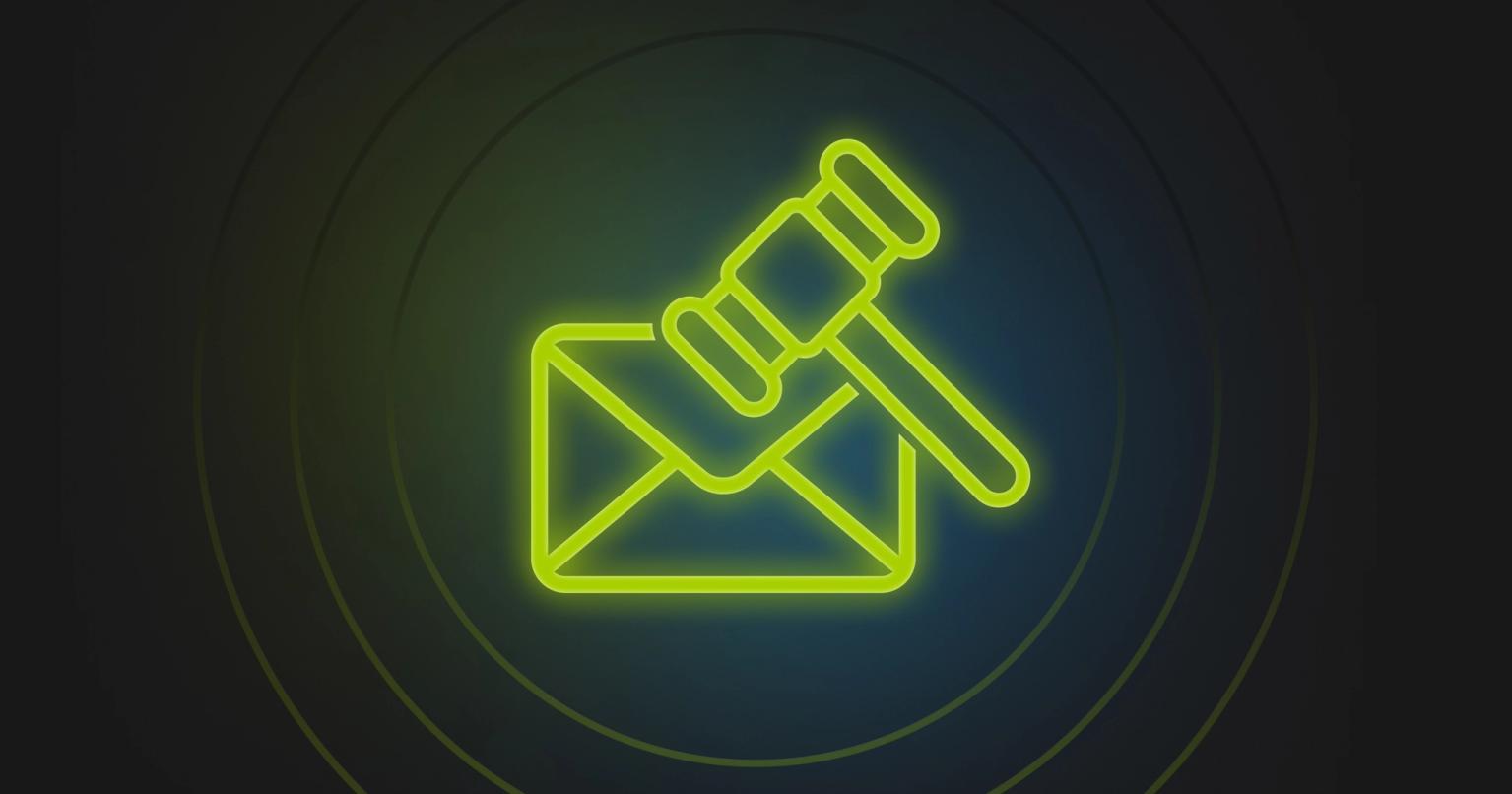Why the tech sector should adopt (some) Parisian values
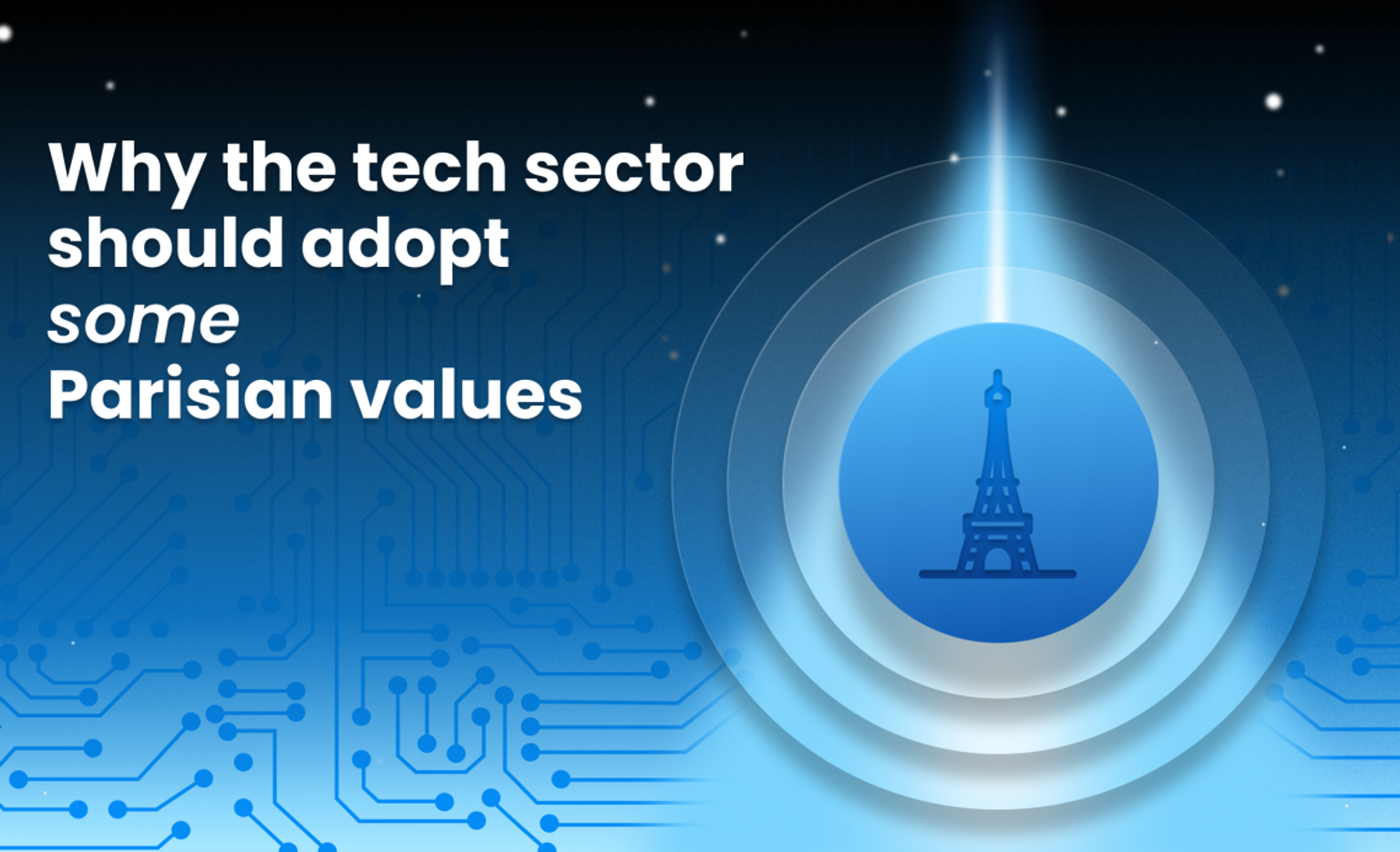
One of the benefits of traveling to a different part of the world and a different culture is that it can change your perspective.
At home, where you’re surrounded by people who share your worldview, it’s easy to think there’s only one way of doing things.
But when you get out of the country and away from your daily routine, you can – if you take the time to look – see that there are different ways of doing things, based on different priorities and different approaches to work and to life.
A recent holiday in Paris really shook some of my assumptions about work practices we in North America take for granted, particularly in the tech sector. I came back convinced that we would do well to adopt – or adapt – a few of the European practices and attitudes I observed.
Quality can’t be rushed
My first three observations all have to do with time, which is understandable if you think how old European culture is compared to our own.
The first is that that quality can’t be rushed.
I was amazed at how so much of what I saw in Paris was of high quality. The buildings, the works of art, even the roads are done to a high standard, and people take pride in that.
But building to a high standard cannot be done quickly.
For example, I was blown away just watching two workmen repair a cobblestone street. Each worker put in one small paving block at a time, picking one out of a pile and looking at it from different angles to see whether it was a good fit before hammering it into place. And if one particular stone wasn’t just right, they searched through the pile for another.

It was a slow, craftsman-like process, producing a road that was visually appealing as well as solid and durable. (The city of Paris gives a history of cobblestone paving on its website.)
What blew my mind was how much time the block-by-block paving process takes.
This slow-go approach is in complete contrast to how the tech sector works in North America.
Here, it’s all about speed. Build the minimum viable product, get it out there and move on to the next thing.
We pave as quickly as possible and repave the road again when it cracks.
In Paris, they don’t care that there are quicker ways to pave a road. They’re going for the look, investing time to create something of beauty.
The lesson for me here is that it takes time and patience to go above and beyond.
So much of marketing today is about speed and quantity.
Good marketing takes time and effort. And when marketers put time and effort into their craft, like the workers laying the cobblestones do, people notice. I’m happy that Knak gives marketers time back in their lives to spend really being creative and honing their craft.
What if we started thinking really long-term?
My second observation is about how Parisian culture sees itself as part of a centuries-old continuum. Not only does it take time to build quality, but it also takes a willingness to be in it for the long haul – the very long haul, in fact.
By just about any standard, the tech industry is young. Many companies see themselves as temporary, as they are created and grown and bought and sold and merged and folded after only a very short period of time. Most VC-backed companies, for example, look at being grown and sold as quickly as possible.
We tend to think that’s the way things are.
I wondered about historical perspective as I visited businesses – hotels and stores and bakeries and pastry shops – that have been around for a very long time.
It occurred to me that a Parisian bakery that has been around for decades has had plenty of time to perfect its product. By way of contrast, tech companies sometimes expect to become an expert at something or solve a massive problem in a single quarter.
What if we changed our way of thinking, and started to consider how we could build a company that would be around for hundreds of years?
How would that perspective change the way we think about ourselves and the way we do business?
I know the number of technology companies that have achieved this feat is very limited. But is that because of the pace of innovation, or because of the culture of building the company itself?
It takes time to build relationships
My third time-related observation has to do with time and people.
My wife and I were eating lunch at a nice Parisian restaurant when I observed two men who appeared to be in their 40s having a business lunch nearby.
My own business lunches in Ottawa last one hour, tops, before I move on to the next thing on my agenda. I’ve been at lunches in New York City that were as short as 30 minutes; the meal arrived in the time it takes to get your drinks in Ottawa. It’s all about speeding from one thing to another.
But the two businessmen I saw were in absolutely no rush. They stayed at that table for two whole hours. In fact, they were just getting around to dessert when my wife and I left – and we were on vacation with no commitments whatsoever!
A two-hour business lunch? The concept is completely foreign to me.
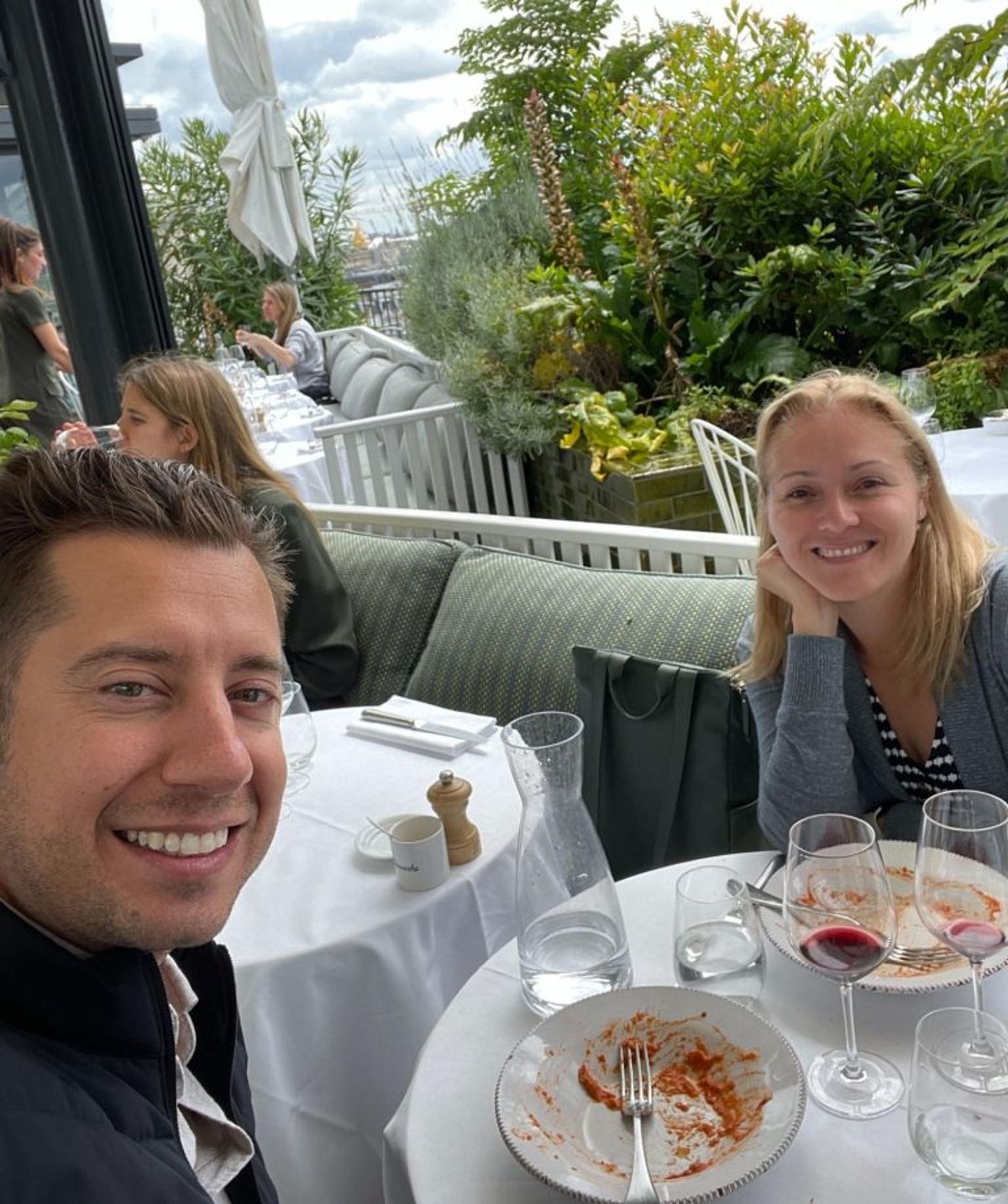
Yet I know that a huge part of doing business is about building relationships. And relationship-building takes time. You can’t get to know someone when you are both in a rush.
I am always encouraging our customer success team to build deeper relationships with our customers and make our dealings with them more personal and less transactional. I tell them that from my experience, this kind of thing takes time. After watching the two French businessmen at lunch, I am convinced of that more than ever!
I am now looking at applying that principle to myself.
What if my own meetings were longer, but more productive? What if I had only half as many meetings as I do now, but each meeting was twice as good? Wouldn’t I be better off?
I know that when I enter a new meeting, it takes time for me to mentally engage. From that perspective, having longer meetings might be a good thing; maybe we need to change our mindset about these things…
The same goes for vacations.
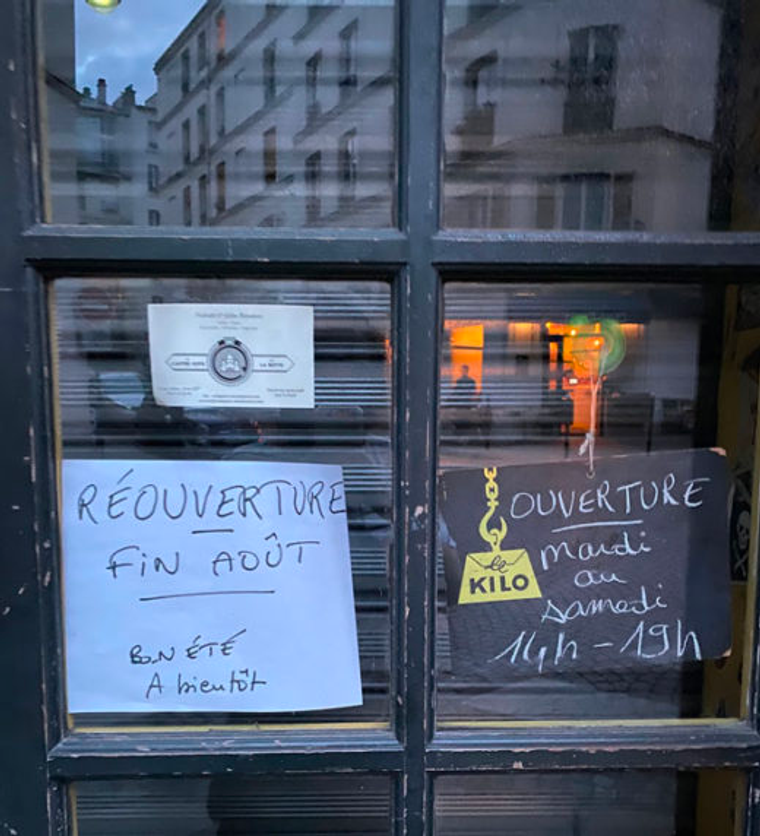
Much of France shuts down for the entire month of August. It’s not uncommon for companies to simply close up for a month so that everyone can have a vacation. It gets people out of their daily routine and helps them see things differently.
I think a fresh perspective can be hugely beneficial in terms of creativity and new ideas.
That’s one of the reasons why we shut down for one week in the summer. However, it’s just one week and people can actually continue working if they want to. Which is typically North American!
Make the most of what you’ve got
In North America, space is one thing we’ve got plenty of. Just look at a Costco parking lot, with its wide parking spots.
But as I observed in Paris, space is at a premium. It blew my mind to watch how people parked, squeezing their cars into tight spots with the tires basically touching the curb.

Parisians may not have much space, but they use what they have with great efficiency.
The lesson for me here was that we sometimes need to get creative with the resources we have, and that the constraints you operate within determine how creative you will get. I think we have seen a lot of this with the economy forcing a tightening of spending and doing more with less.
Details matter
A stairwell is a stairwell, right?
Not in Paris.
In North America, stairwells are functional and utilitarian, built to code, flooded with fluorescent lighting and left unadorned.
But at the historic hotel we were staying in, the stairwell was beautiful as well as functional. The stairs were carpeted, and there was nice lighting showcasing artwork on the walls. Getting to our room was an experience!
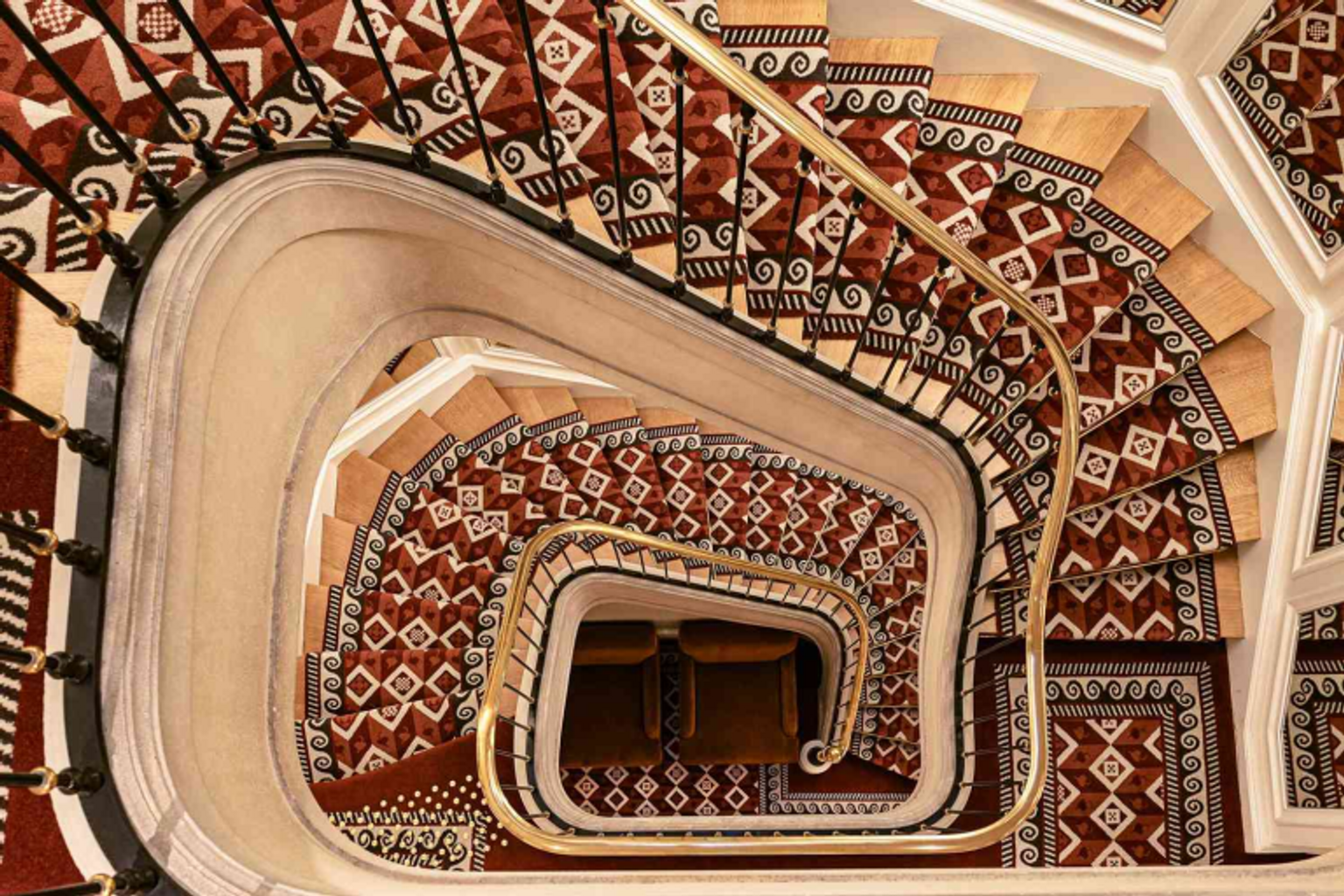
I saw that kind of attention to detail everywhere in Paris, and it made me think about the experience customers have with our product. More specifically, it made me realize that every time a customer interacts with Knak, at whatever level, they experience the company.
Do I want any part of the Knak experience to resemble a typical North American stairwell? Absolutely not! I think we need to pay more attention to detail so that we can consider how to make every interaction with Knak more enjoyable.
Making changes in my own routine
I am not arguing that we should adopt a totally European work style.
But what I am saying is that it’s worthwhile looking at how other people live, work and play, and seeing whether there’s an upside for us to their way of doing things.
The French approach certainly works for them. Paris is a modern, wired city, with an airport that has one of the most advanced customs systems I have ever seen. Beauty and tradition need not stand in the way of modernity – as long as you don’t lose your ability to innovate and move with the times.
I think the way we work in North America lends itself perfectly to building new technology. We move quickly and embrace change.
But I question a few of our attitudes, like our emphasis on speed over quality.
I came back from Paris convinced that the tech industry would do well to be a bit more patient. I think it should take the time to build better quality products – in fact, not just better products, but a better product experience at all levels. I also think it wouldn’t hurt us to take a longer-term perspective so that we can build companies with staying power.
I plan on changing my own way of doing things to make myself a bit more Parisian.
I plan to rush around less, and build time into my schedule where I can take the time to catch up and reflect.
And maybe, just once in a while, I’ll even have a two-hour lunch.

Author
Co-founder & CEO, Knak
Pierce is a career marketer who has lived in the marketing trenches at companies like IBM, SAP, NVIDIA, and Marketo. He launched Knak in 2015 as a platform designed to help Marketers simplify email creation. He is also the founder of Revenue Pulse, a marketing operations consultancy.










